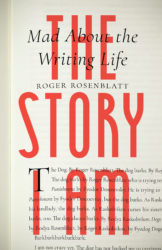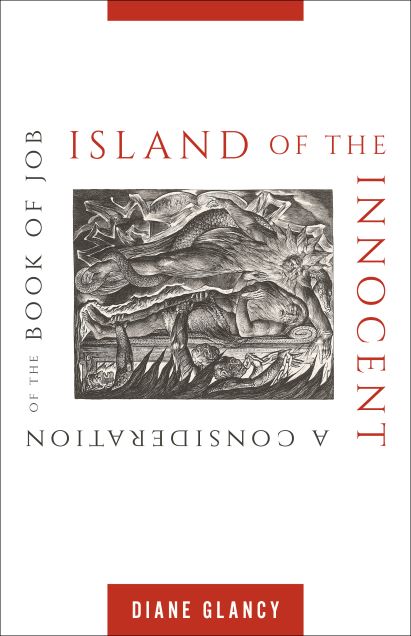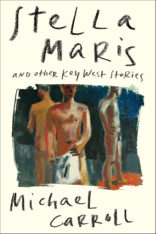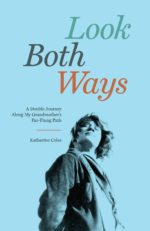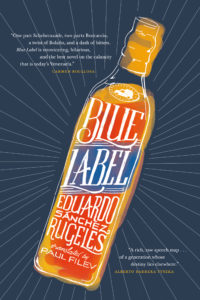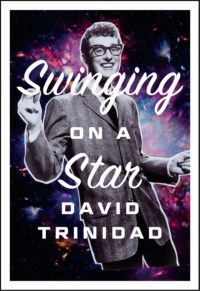The Story I Am: Mad about the Writing Life by Roger Rosenblatt
Roger Rosenblatt has always been “mad about the writing life.” In this new collection, he shares the stories and insights about writing that have inspired him, as a journalist, a columnist for The Washington Post, an essayist for Time magazine and The New Republic, and then as the author of best-selling books like Making Toast, Rules for Aging, Kayak Morning, and Unless It Moves the Human Heart. The new and beloved pieces in The Story I Am: Mad About the Writing Life, drawn from his vast body of work, celebrate the art, the craft, and the soul of writing.
Here are essays and excerpts on the rewards and punishments of the life of a writer, along with thoughts on how to write, what to write, and why writing lies at the heart of human hope and experience. Reviewing Rosenblatt’s memoir The Boy Detective in the New York Times Book Review, Pete Hamill said Rosenblatt “writes the way a great jazz musician plays, moving from one emotion to another.” For Rosenblatt, writing, like jazz, is the art of improvisation. Rosenblatt writes that “Writing makes justice desirable, evil intelligible, grief endurable, and love possible.” In a nutshell, it’s worth a life.

